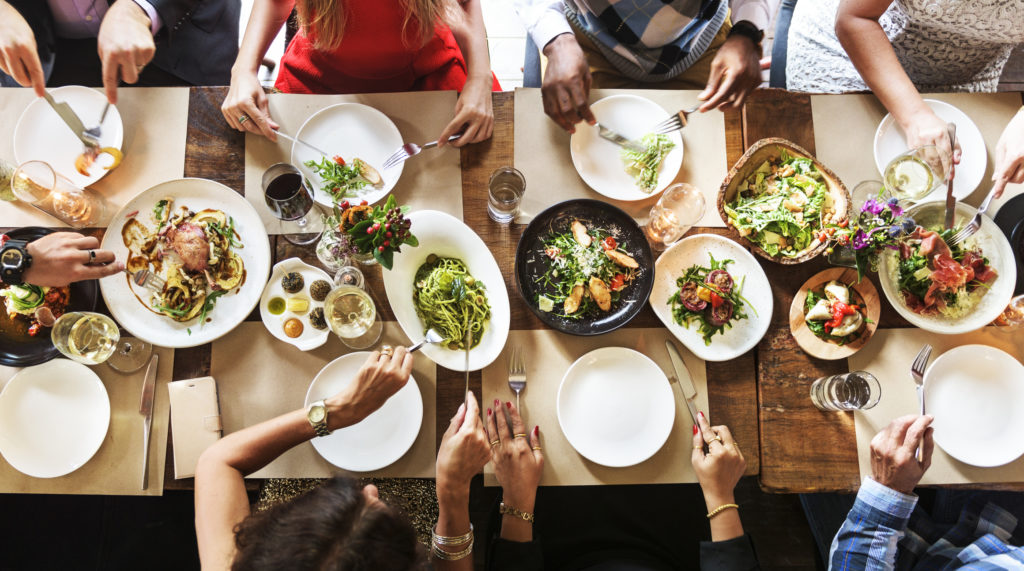
Providing exceptionally high quality food to holiday makers is all part of an enjoyable stay. But if (disastrously) your guests suffer food poisoning and bring a claim against you, is the legal analysis that it was goods that you were providing to your guests (the food) or was it a service (meals as part of a stay)?
This isn’t a bogus claim from a hypothetical situation in Spain that we are seeing in the press at the moment. The question was asked of the courts by customers who had genuinely fallen ill on an all-inclusive holiday with TUI Travel Plc (First Choice). On the particular facts, the court found that the food had become contaminated without fault on the part of the hotel. Not surprisingly, there were no terms in the contract that stated whether food was classed as goods or services that were being supplied to the customers.
Setting aside the damage to reputation and all the actions you might take to remedy the situation, from a legal perspective the distinction between goods and services is important. Under the Supply of Goods and Services Act 1982, a contract for the provision of goods has an implied term that the goods are of satisfactory quality. By contrast, the implied term in a contract for the supply of services is that the services will be supplied with reasonable care and skill. Satisfactory quality vs reasonable care and skill: the tests to be met are different.
The distinction was particularly important to the hotel operator as it had no hand in the contamination: it argued that it had provided a service with reasonable care and skill. The operator argued that there was no reason to question the quality of the food from its suppliers; the food had been passed to the plates of the customers with standards that were reasonable for the industry.
The court concluded that the contract was for the provision of goods and services.
With a hint of humour, the judges in the TUI case fell into some metaphysical considerations on the point at which food became the property of the customer. One judge opined that the legal title to the food or drink is transferred on being served. At a buffet, where the food or drink laid out, it becomes the property of the customer when he helps himself. The question of leftovers was not addressed!
What should hoteliers and restauranteurs take from the judgement?
- Ensure your own hygiene (including HACCP) standards and those of your suppliers are sufficient. Test them regularly.
- Check the contracts with your suppliers. What do they say about defective goods?
- Check processes for delivery from a food security viewpoint.
- Ensure that the food you use is traceable back to the originator.
- Consider taking (and keeping without risk of contamination) samples of your deliveries. In the TUI case, evidence was heard from the doctors of the customers after the ingestion. Food samples may not have changed the customer’s claim against the hotel; however the hotel might have a further remedy against the supplier, supported by evidence.
- Check the contracts with your customers. Are they clear on whether you are providing goods or services?
Gavin Poole is a partner in the specialist food and drink team at Stephens Scown. If you have any queries then please do contact Gavin on 01872 265100, or by email solicitors@stephens-scown.co.uk
